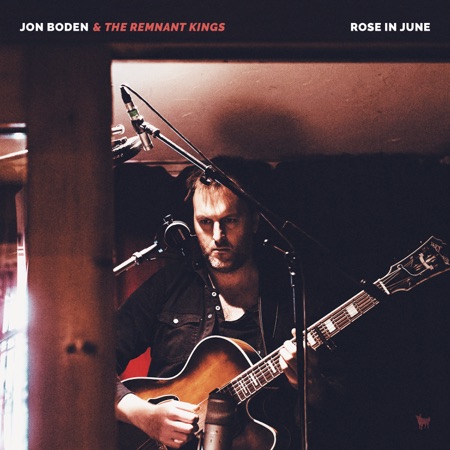You’ll probably recognise this as Jon says, “I’ve recorded this with S&B and with Bellowhead,” but he also confesses, “Having performed it a couple of times with Maddy Prior I now realise that there are a good few mondegreens in my recorded versions, particularly ballad singer = balancer !! Still it’s a great song that really brings out the excitement and drama of the annual fair.”
You might be intrigued by this Mudcat thread that seems to nail the location to the Scottish Borders and Castleton, now Newcastleton a town that grew out of the original village in response to the burgeoning flax industry on the late C18th. In many ways I’m indebted to this gentleman for pointing me in the direction and for some interesting notes about the Border Reivers. But that leads to Mainly Norfolk and the notes to Tim and Maddy’s notes that suggest the hiring or ‘mop’ fairs continued in the area until after WW1. If anyone from that way knows more please share it below.





